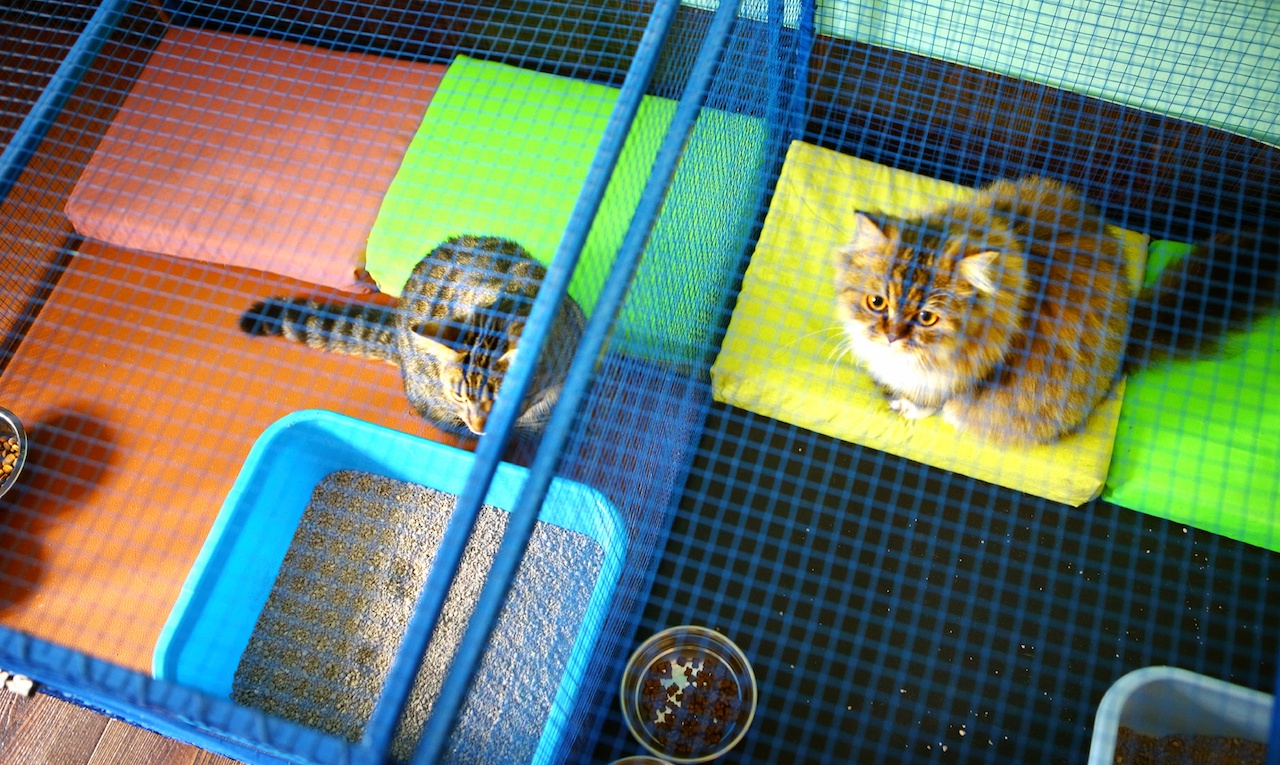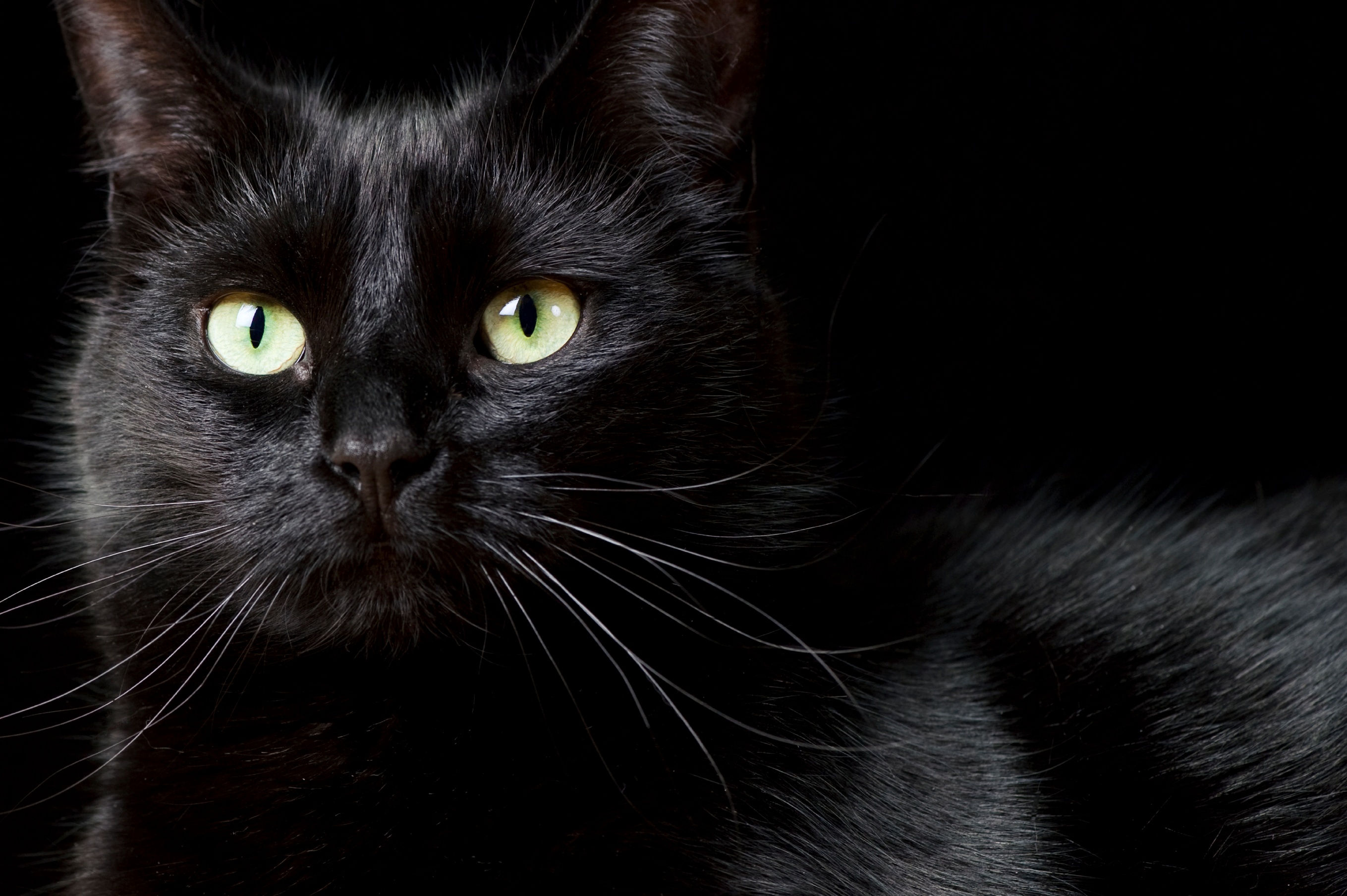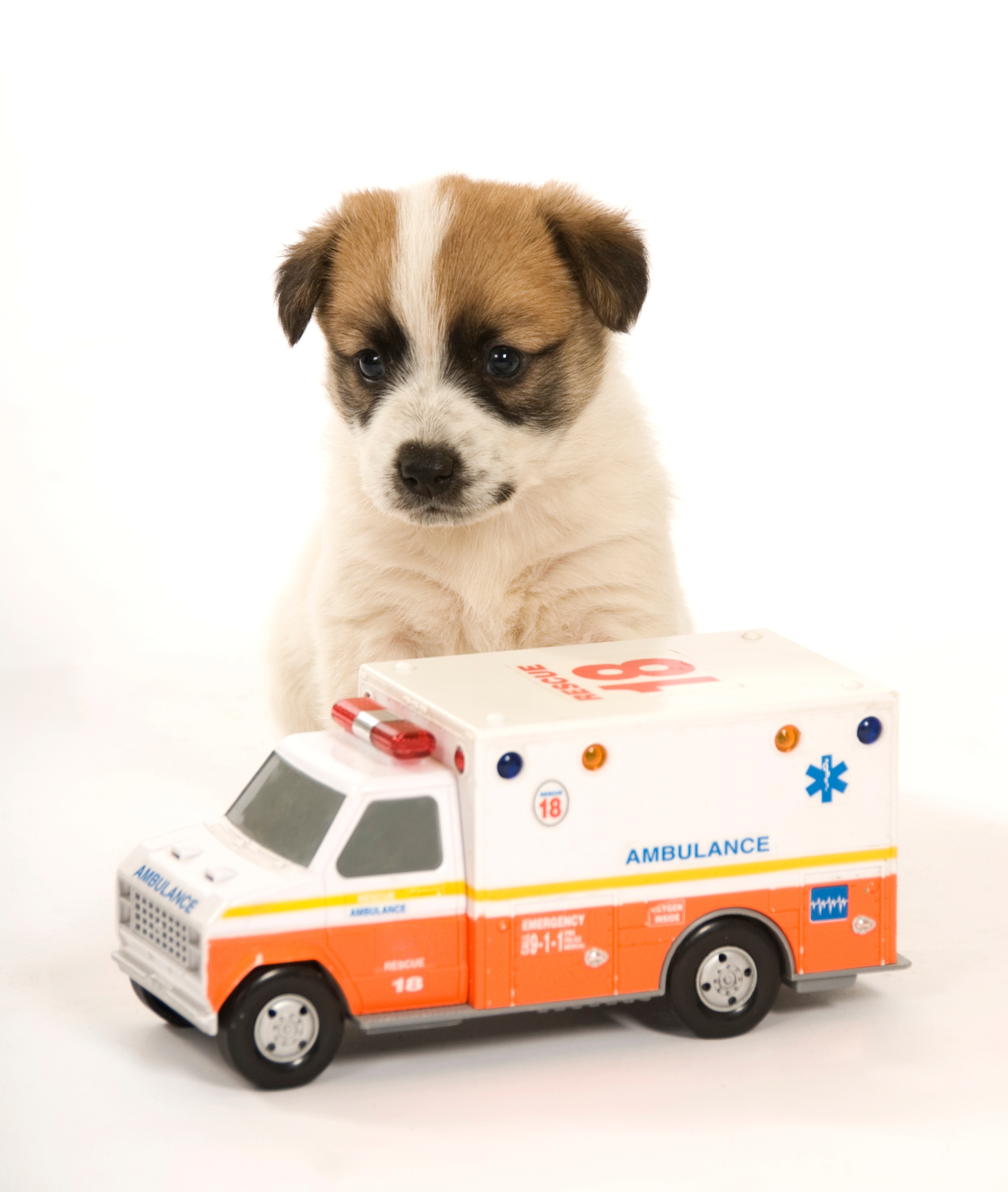It can strike any time of the year, but every holiday season veterinarians across the country begin to brace for it. What is this ominous pet problem that strikes when we’re at our most festive? If you guessed pancreatitis, you would be correct.
VitusVet
Recent Posts
The holiday travel season is fast approaching, and while we would all love to bring our pets along everywhere we go, sometimes it’s just not possible. Relying on family or friends to care for our pet isn’t always an option or the right choice either; in these cases pet owners often turn to a professional pet boarding facility.
Pet owners want to be good, responsible pet parents who take great care of their four-legged family members. In the midst of everyday life, though, it can be easy to forget important pet care tasks like monthly flea and heartworm preventatives, vet or groomer appointments, vaccinations, or a special medication schedule.
It’s a chilly evening in October and you’re hurrying down the sidewalk, eager to get into your car and head home. All at once, the streetlight nearest you abruptly goes out, a cold wind ruffles your jacket, and a small black cat trots across the sidewalk directly in front of you. Thanks to the centuries of myth and lore surrounding black cats, this scenario still might rattle you a bit (even if you aren’t superstitious).
The view of black cats as harbingers of bad luck probably has its origins in witchcraft lore. In Western history, black cats were considered the companions of witches, or to possess the ability to turn into witches themselves, and were often burned alongside those accused of being witches. In truth, many cultures have myths and beliefs about black cats bringing good luck rather than bad.
It’s the middle of the night; you wake up to the sound of your pet vomiting. Your heart is pounding as you try to comfort your pet. Is it time to call the vet or is this just another hairball? Is your vet even open on nights, weekends or holidays? How urgent is the problem?








